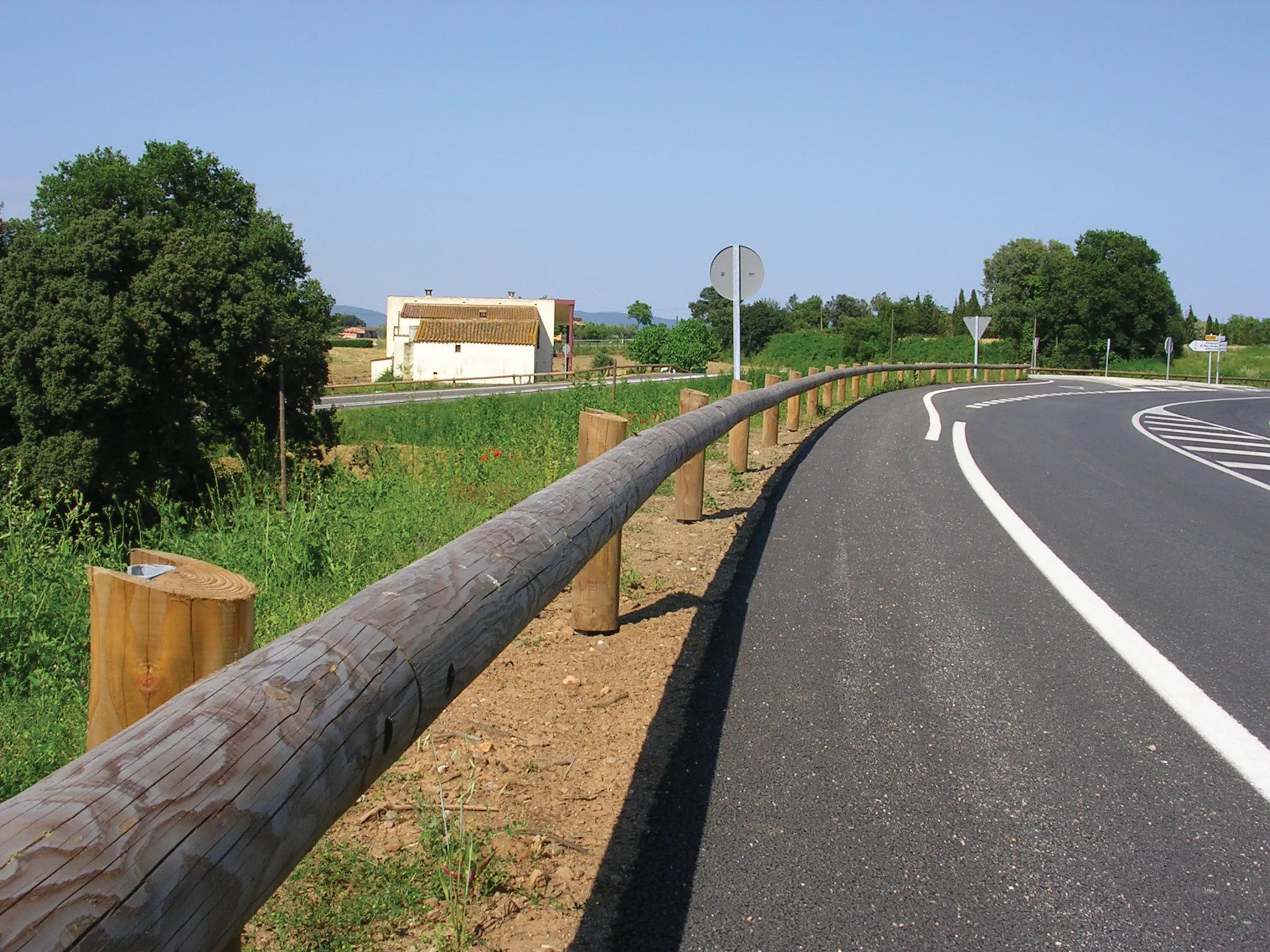Professional drivers run a high risk of back injury and hearing impairment due to bad road quality, a report by Swedish consulting firm Vectura has shown. Vectura has measured vibration on roads in Sweden, Finland, Norway and Scotland as part of the EU project Roadex, and found that many professional drivers were exposed to an unacceptably high level of vibration caused by uneven road surfaces. Bad road quality also increased the risk of slipping accidents, the report showed.
May 24, 2012
Read time: 1 min
Professional drivers run a high risk of back injury and hearing impairment due to bad road quality, a report by Swedish consulting firm 5721 Vectura has shown.
Vectura has measured vibration on roads in Sweden, Finland, Norway and Scotland as part of the EU project5722 Roadex, and found that many professional drivers were exposed to an unacceptably high level of vibration caused by uneven road surfaces.
Bad road quality also increased the risk of slipping accidents, the report showed.
Vectura has measured vibration on roads in Sweden, Finland, Norway and Scotland as part of the EU project
Bad road quality also increased the risk of slipping accidents, the report showed.









